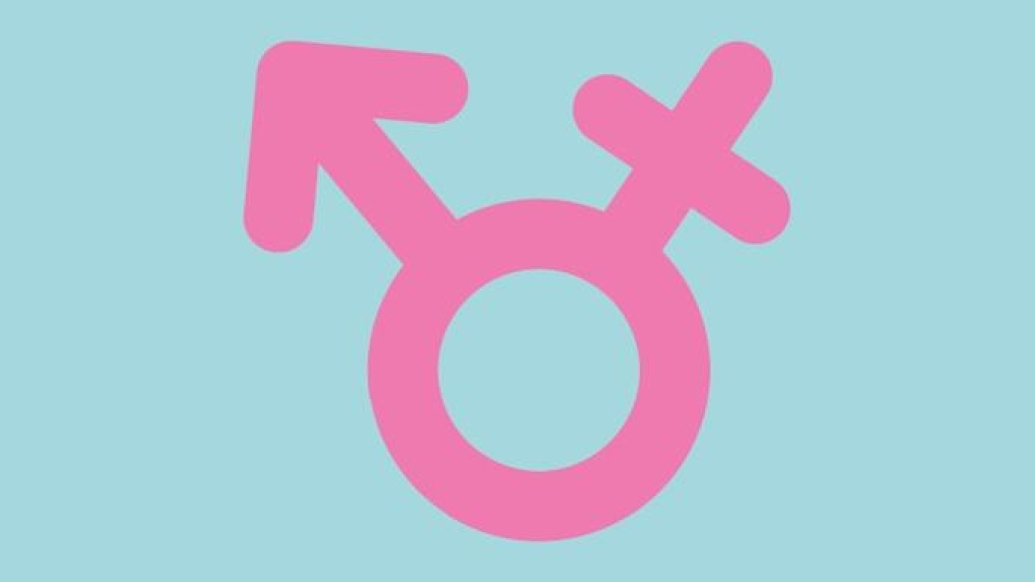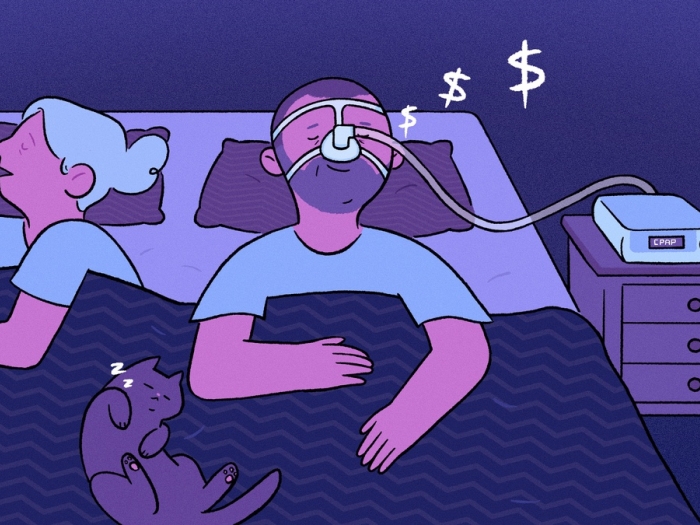In differences of sex development, hospitals vary widely in terms of treatment and guidance ahead of irreversible procedures, a new study shows.
7:00 AM
Author |

Editor's note: Names of patients have been changed to protect privacy.
Mike and Julie were eagerly counting down the days until they'd get to meet their baby girl, Emma. But hours after her birth, their joy turned to worry. Doctors had made a discovery that shocked them: Their newborn daughter had what appeared to be testes.
MORE FROM THE LAB: Subscribe to our weekly newsletter
The next 24 hours were a blur as Emma underwent several tests, and her parents were told that for unexplained reasons, she was born with XY chromosomes.
"They told us 'you don't need to raise your baby as male or female. You can be gender neutral for the first year,'" Julie remembers. "It blew our mind. Maybe in a perfect world we could, but this isn't a perfect world and society doesn't allow you to raise a nongender child. How could we ever choose a gender for our child? My heart was just broken for her imagining how hard her life would be."
"At the time, we were just so uneducated about this topic. We felt extremely alone and isolated."
About 1 in 1,500 babies are born with a disorder, or difference, of sex development (referred to by some outside the medical community as intersex), in which development of the sex chromosomes, gonads or sex anatomy is atypical.
While families are then often faced with the difficult and controversial decision of whether they should surgically reinforce a child's gender, few hospitals are equipped with specialist teams highly qualified to treat these conditions.
In fact, there's significant difference in how institutions across the country respond to such cases — having a major impact on a family's experience and decisions about sometimes irreversible procedures, according to a new study led by members of the DSD team at University of Michigan C.S. Mott Children's Hospital.
"A family's experience and potential care for these conditions may be drastically different depending on where their child is born," says senior author David Sandberg, Ph.D., a pediatric psychologist at Mott. "We found substantial variability across health care institutions in the ways that they organized and delivered care for these patients and families as well as how families were counseled prior to genital or reproductive anatomy surgery."
The study included 22 sites that offer DSD services and is the first to examine clinical practices for these conditions at U.S. medical centers. The findings were published in the American Journal of Medical Genetics, along with a second U-M-led study addressing the importance of psychosocial screenings in DSD care.
"Our findings suggest the field has significant room to improve guidelines for diagnosing and treating disorders of sex development," Sandberg says. "We need stronger collaboration among providers to determine the most effective practices to guide families as they make major decisions about their child's well-being and future."
'Pioneering the way'
The first few days after Emma's birth at a Grand Rapids-area hospital were brutal for Mike and Julie as they tried to educate themselves on Emma's condition and determine the best next steps.
SEE ALSO: The Benefits and Barriers of Birth Control After Childbirth
"People were just flooding our room and we were putting on smiles when inside we were broken. We didn't know who to tell," Julie says. "We spent the first 10 months living a double life, having test after test done and still not knowing exactly what she had or what to do.
"We had one endocrinologist actually tell us that we would know what gender to pick by age 2 or 3 depending on if our child played with Barbies or cars and dinosaurs. That made us lose faith in the system."
A year later, through their own research and a DSD support group, the couple connected with other experts and found their way to Mott, where their experience immediately changed. There, they found an interdisciplinary team of endocrinologists, geneticists, urologists, surgeons, gynecologists, social workers, psychologists and others who worked as a team to customize care for each family.
Through further testing, the couple learned they each had rare genetic traits that increased the chance their children would be born with the specific DSD condition Emma had. And a few years later, her little sister was born with the same one. This time, they were more prepared and supported by their health care team and other families they had connected with who had similar journeys.
"We felt more informed and had doctors who understood us and were on our team. We needed that big-time," Julie says. "We felt so fortunate to have found them; it solidified that this was what it was supposed to be like. This team is pioneering the way it should be handled everywhere. Nobody should have to experience what we did the first time."
"We want to protect our children's privacy but also want to share our story in order to raise awareness about DSD," she adds. "There can be so much stigma and shame attached but mostly because people aren't educated about DSD, just like we weren't until it affected us."
Optimizing care in the future
While most sites in the U-M study reported some degree of involvement of pediatric urology, surgery and endocrinology in the care of DSD patients, gynecology and neonatology were most frequently not represented.
Sites were surveyed on multiple areas of practice, including the consent process for helping families understand potential risks of treatment, the possibility a child later identifies with a different gender, surgical complications, possible effects on sexual function and fertility,hormonal consequences of removing the gonads (accompanied by the need for lifelong hormone replacement) or psychological impacts.
Sandberg says the survey suggests that sites would benefit from a network that facilitates the sharing of resources and strategies to improve care and patient outcomes. He notes that clinician perceptions of service may also differ from the experience of patients.
"All institutions share the goal of optimizing care of patients with DSD, but delivering patient- and family-centered care for these conditions is often complex and challenging, requiring the input of multiple providers and families," Sandberg says.
"Many factors likely play a role in why there is so much variability in practices, but we need to better understand the reasons so we can establish which practices and model of care are associated with the best patient outcomes. We need to work together as providers to identify opportunities for change that enhance health and quality of life outcomes for patients and families affected by DSD."

Explore a variety of healthcare news & stories by visiting the Health Lab home page for more articles.

Department of Communication at Michigan Medicine
Want top health & research news weekly? Sign up for Health Lab’s newsletters today!





